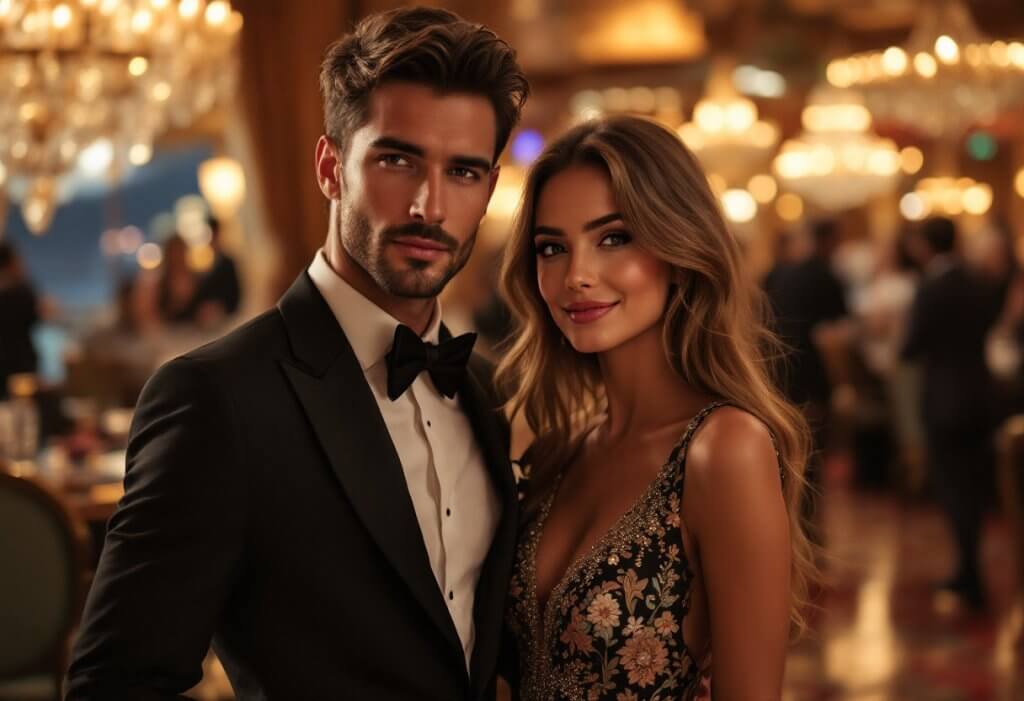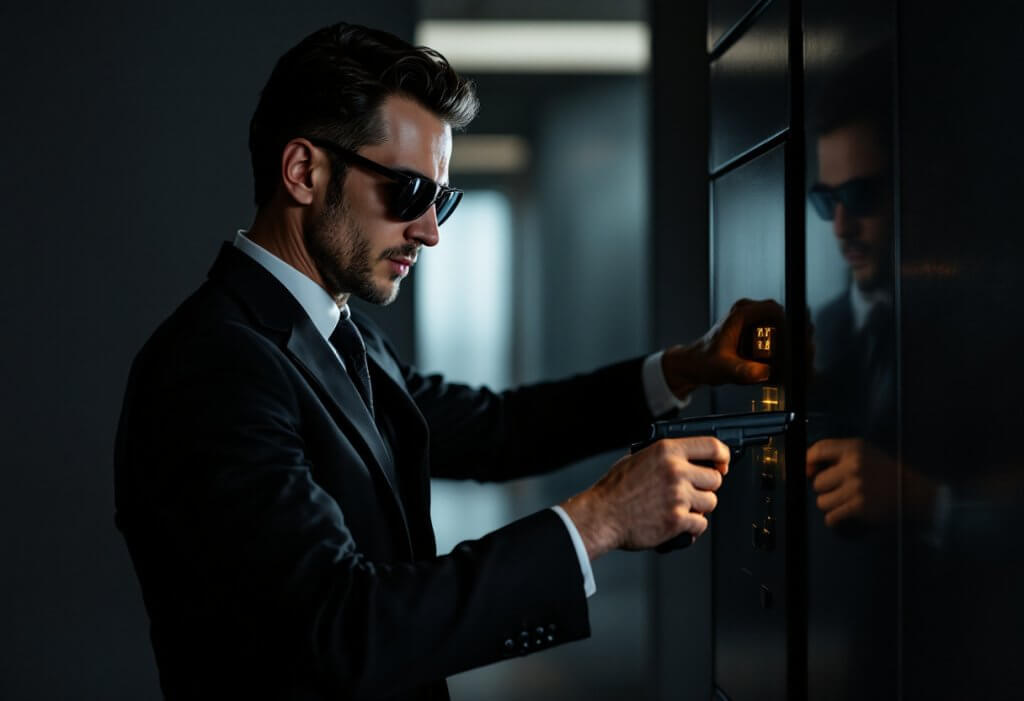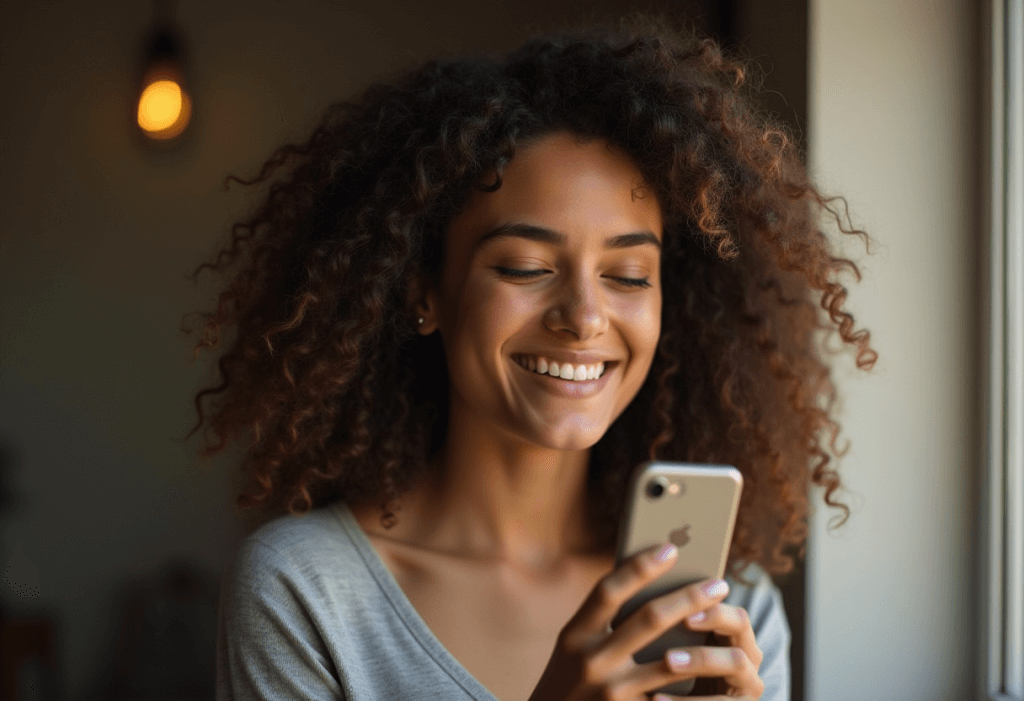Matchmaking is the age-old process of pairing individuals—historically for marriage, though the concept extends to business partnerships, organ donation, and even online gaming. For centuries, cultural intermediaries like shidduch in Jewish communities or astrologers in Hindu cultures carefully vetted potential spouses using criteria such as family reputation, social status, and astrological compatibility. Today, matchmaking has taken on bold new forms, blending traditional methods with cutting-edge technology.

From Village Matchmakers to Dating Algorithms
Traditional Roots
In many cultures, the matchmaker played a role central to a family’s social fabric. By assessing backgrounds, financial stability, and shared values, these matchmakers helped families forge alliances, not just romantic unions. In some societies, arranged marriages continue today, shaped by cultural customs and extended family input.
Online Platforms
In the modern era, matchmaking has become synonymous with online dating and matrimonial services. Websites like Shaadi.com or eHarmony allow users to tailor profiles based on age, religion, educational background, and countless other preferences—facilitating introductions that might otherwise never occur. In places like South Asia, where arranged marriages are still prevalent, digital matchmaking platforms are a natural extension of tradition, enabling families to uphold cultural norms while embracing contemporary tools.
Genetic Matchmaking
Pioneering research on genetic compatibility—most famously represented by Claus Wedekind’s “sweaty T-shirt” experiment—suggests that we’re instinctively drawn to partners with dissimilar immune system genes (HLA), potentially yielding stronger offspring. This science has led to startups exploring whether genetic matchmaking can offer deeper compatibility beyond shared hobbies and career aspirations.
Anonymous Matching
To mitigate the fear of rejection, some services use anonymous matching. Users indicate interest in another profile without revealing their identity. Only when there is mutual selection do both parties learn each other’s names or contact information. This technique aims to minimize awkward refusals and encourage more genuine connections.
Psychological accentuations approach
In a world where digital swipes have become the norm, a growing number of singles yearn for a deeper, more meaningful connection—one rooted in psychological compatibility. Enter SoulMatcher, a matchmaking service that takes a unique “accentuation approach” to pair people based on nuanced psychological factors. Combining traditional matchmaking wisdom with cutting-edge research, SoulMatcher aims to make “happily ever after” a little more likely.
The Stable Matching Problem
The famous Stable Matching (or Stable Marriage) algorithm offers a mathematical solution for pairing two equally sized sets—whether single men and women, medical residents and hospitals, or students and schools. A match is “stable” if no two people would prefer each other over their current partners. While created with marriage in mind, this algorithm now underpins various matching systems worldwide, emphasizing just how far-reaching “matchmaking” can be.
5 Famous Couples Who Benefited From a Little Matchmaking
1. Prince Harry & Meghan Markle
They’ve famously credited a mutual friend for arranging their blind date in London. Initially, they knew virtually nothing about each other, but trusted their go-between’s intuition. The rest, as they say, is royal history.
2. Tom Brady & Gisele Bündchen
Before becoming one of the most talked-about couples in sports and entertainment, Tom and Gisele were introduced by a mutual friend who believed they’d be a great fit. Their friend’s hunch turned into a storybook romance.
3. Carrie Underwood & Mike Fisher
The country superstar and the NHL player might never have met if not for Underwood’s bassist, Mark Childers, who orchestrated a blind date in 2008. One introduction in the right setting led to a lasting marriage and family.
4. Brad Pitt & Jennifer Aniston
Hollywood insiders say the pair was set up by their respective agents in 1998. Though their marriage eventually ended, their relationship became one of the most iconic (and most discussed) celebrity couplings of its time—all sparked by a bit of professional matchmaking.
5. George Clooney & Amal Alamuddin
One of Hollywood’s most confirmed bachelors was introduced to the accomplished human rights lawyer by a friend during a gathering at his Lake Como home. Their chemistry was instant, proving that even the world’s biggest stars sometimes rely on introductions from trusted pals.
The Future of Matchmaking
With each passing year, matchmaking becomes more sophisticated and diverse. From digital dating platforms refining compatibility algorithms to emerging sciences that examine genetic markers, this ancient practice is continually reshaped by innovation. While love has always been an unpredictable journey, matchmaking—whether via a village shadchan or an app’s algorithm—aims to make that journey a little smoother.
In the end, human connection remains at the heart of matchmaking. Whether you’re entrusting a friend to arrange a fateful blind date or you’ve uploaded a DNA sample to a cutting-edge service, the goal is universal: to find a partner (in life, in business, or even in a game) who complements who you are.
As our world becomes ever more interconnected, it’s likely that matchmaking will continue to expand and transform. New methods, from artificial intelligence to virtual reality, may soon play a part in connecting people in ways we can only begin to imagine. Yet the fundamental premise—two people looking for a meaningful bond—will forever remain the same.











